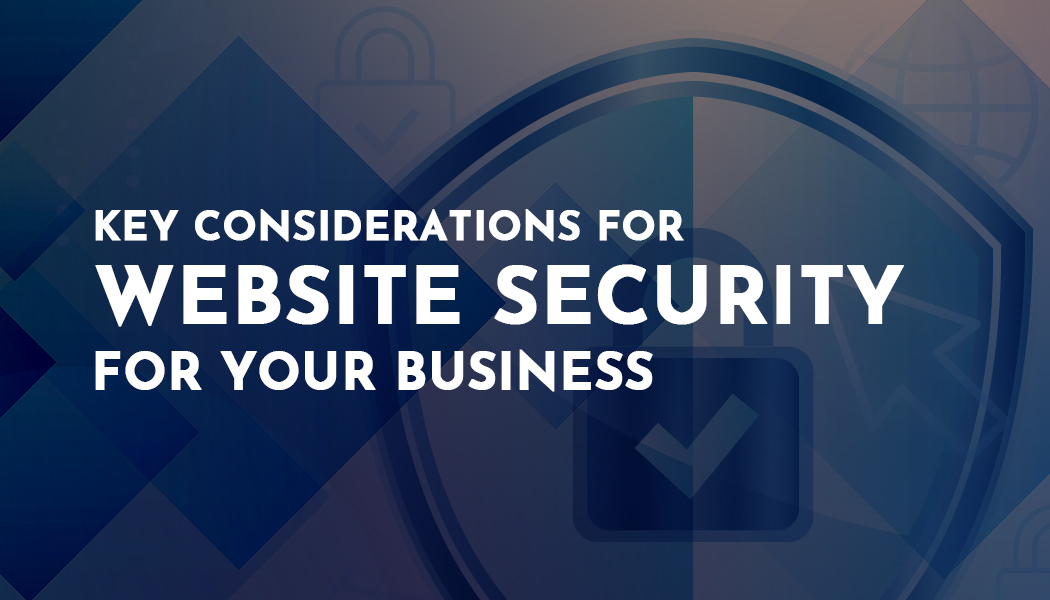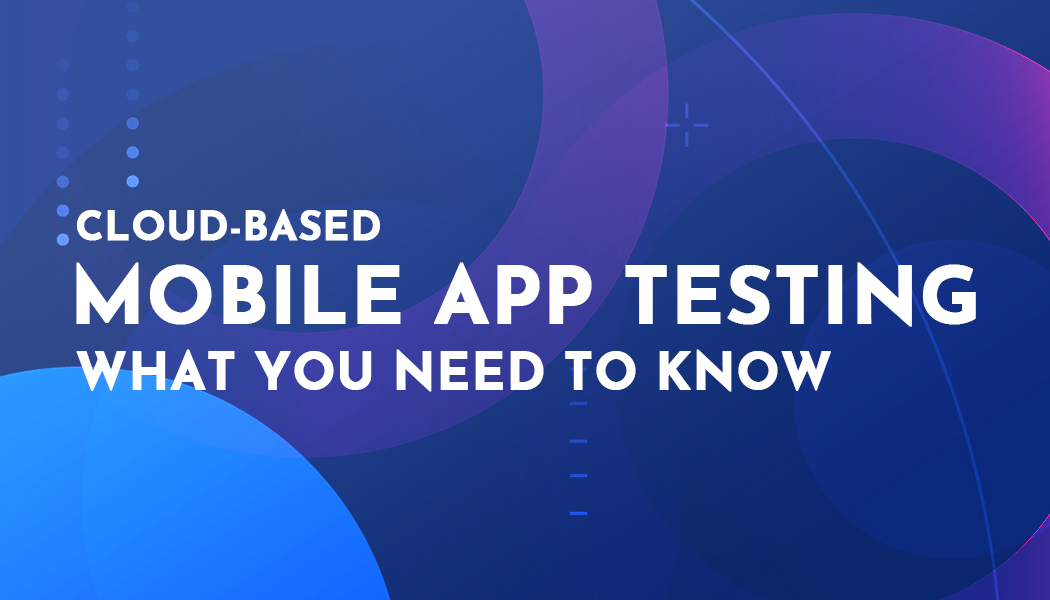Key Considerations for Website Security for Your Business
The majority of modern businesses own a website. This online platform has fast become an essential part of growth and is used to not only engage customers but track those engagements, represent a brand, and for other key marketing initiatives too. However, there are a high number of threats out there that exist to derail the integrity of both the site and the company, and ignoring these risks is never advisable. These key considerations will ensure you have everything up and running so your business site is completely secure and looked after.
Empowering Administrators
Whether you worked with a third party to create the site, or you have undertaken the venture from within the organization, there are benefits to gaining insight around online safety. Smart moves are only possible with knowledge at the helm, and continuing to learn with a cybersecurity training program is the smartest move of all for any site administrator who has a seat at the table.
Passwords Really Do Matter
It may seem like the most obvious point in the world, but it is so vastly overlooked that high volumes of websites remain vulnerable because of this simple problem. When an administration password is weak, the whole operation is compromised. It is easier than you would think to gain control and access a site for a hacker, and the job becomes a pinch of salt when the password is subpar.
Here are the top tips for password security.
- Don’t use keywords like administration.
- Avoid the company name altogether.
- Steer clear of personal references like birthdays, children’s names, etc.
- Vary the format with lowercase, uppercase, numerical, and special symbols.
- Change the password every few months.
Controlling IP Access
When the passwords are taken care of, consider moving access to the website to a specific IP address. What this does, in a nutshell, is ensure that only people in a certain place, for instance, the company building, can log in and make changes or track insights. So, employees are prohibited from accessing the site at home for administrative purposes and the modifications or analysis can only take place from within the company walls.
Focus on Software
Every website you create will have a certain amount of software attached to make it possible. Whether it is for uploading and creating content, creating visuals and media, or anything else site related, for instance, organization, there is software for everything. CMS software is never the finished deal, and there are constant updates, tweaks, developments, and shifts in the controls that you need to keep up to speed with. If you are not using the latest updates, then security is compromised and there is no way around this fact. Some hosts and CMS platforms will automatically prompt you to complete this essential task, but others may fall under the radar. It is your job to actively seek out any and all updates so that your site doesn’t fall behind. This is particularly important if your business houses the personal information of your customers such as if you are a mortgage broker issuing mortgage in principle’s or any kind of advisor or solicitor.
The Host Matters
Utilizing a host site service is fairly typical. However, the choices you make in this area are vital for the security of your live website. A hosting platform allows companies to create their sites and make changes, etc. Where you pick determines a lot, and while there may be various temptations to opt for a less expensive service, this is actually an area where it is worth spending a little more to ensure the job is done well. When the host is subpar, everything else will fall apart fairly quickly. Picking the perfect host doesn’t need to be an overwhelming task.
Follow these tips to make an informed choice.
VPS Hosting Works Well
When you opt for a smaller server, low-budget hosting platform, then your whole site is at risk of being slow and frustrating customers. Opting for a Virtual Private Server instead means you have better control and a superior site overall when it comes to security.
Checking Reviews
As always, it is imperative to observe customer experiences for the proposed host. These should be business focused, and in line with your scale of operation so that you get a true sense of the capacity and function. Focus on customer care and support features, and a general ability to deliver on safety.
Ensure the Bandwidth Meets Your Standards
Bandwidth is a highly restrictive factor that some hosts enforce more than others. If you get tied into a contract with lower bandwidth availability, this will put your site at risk as well.
SSL Certificates Matter
SSL certificates ensure your site has a strong, safe connection as it encrypts data. So, if the site is infiltrated by a cyberattack, the stolen data will be effectively useless. These are particularly important if your website handles payments.
A business must ensure that any website it runs is secure for both employees and customers. A lot of the time, reputation depends on this factor, and it must remain a top priority.




